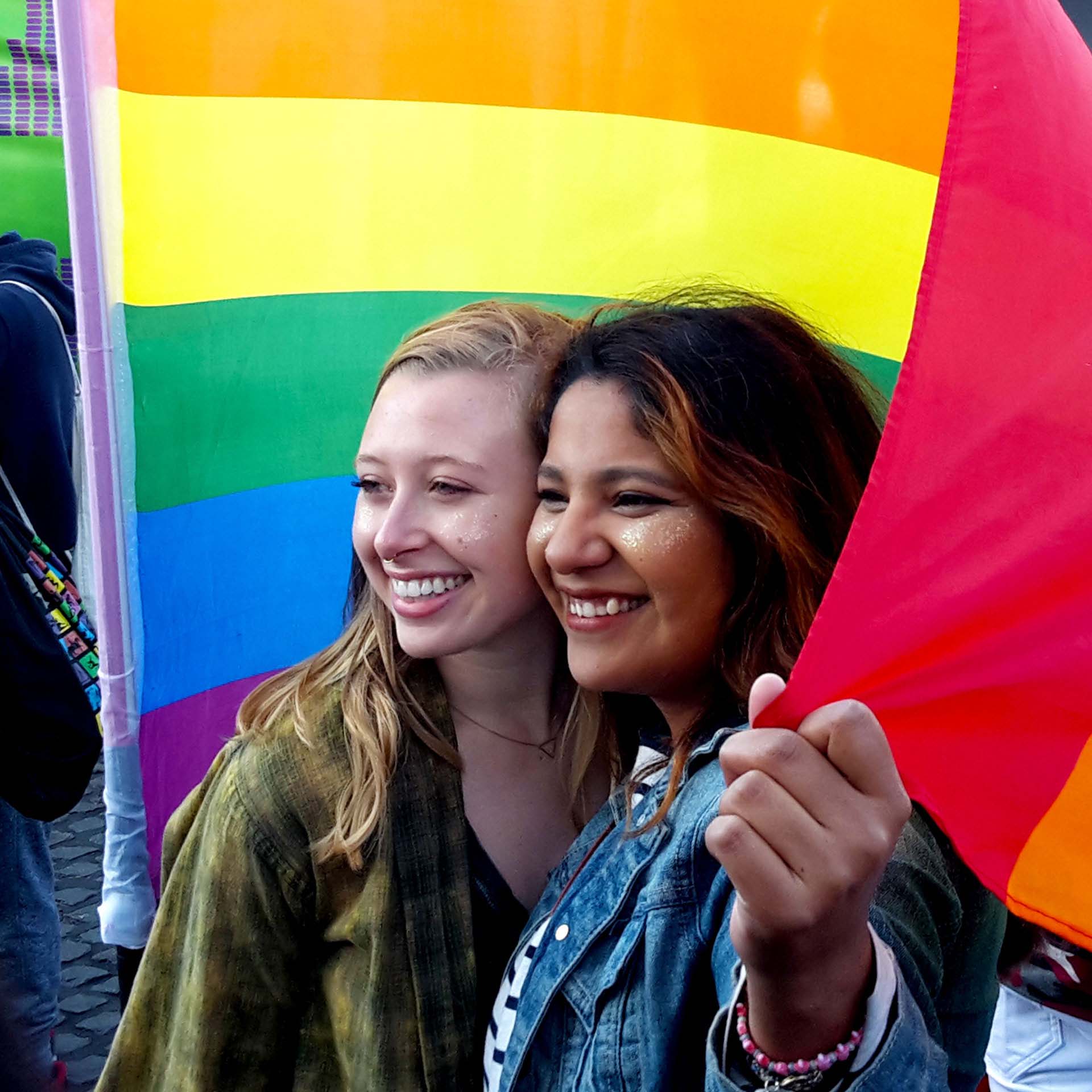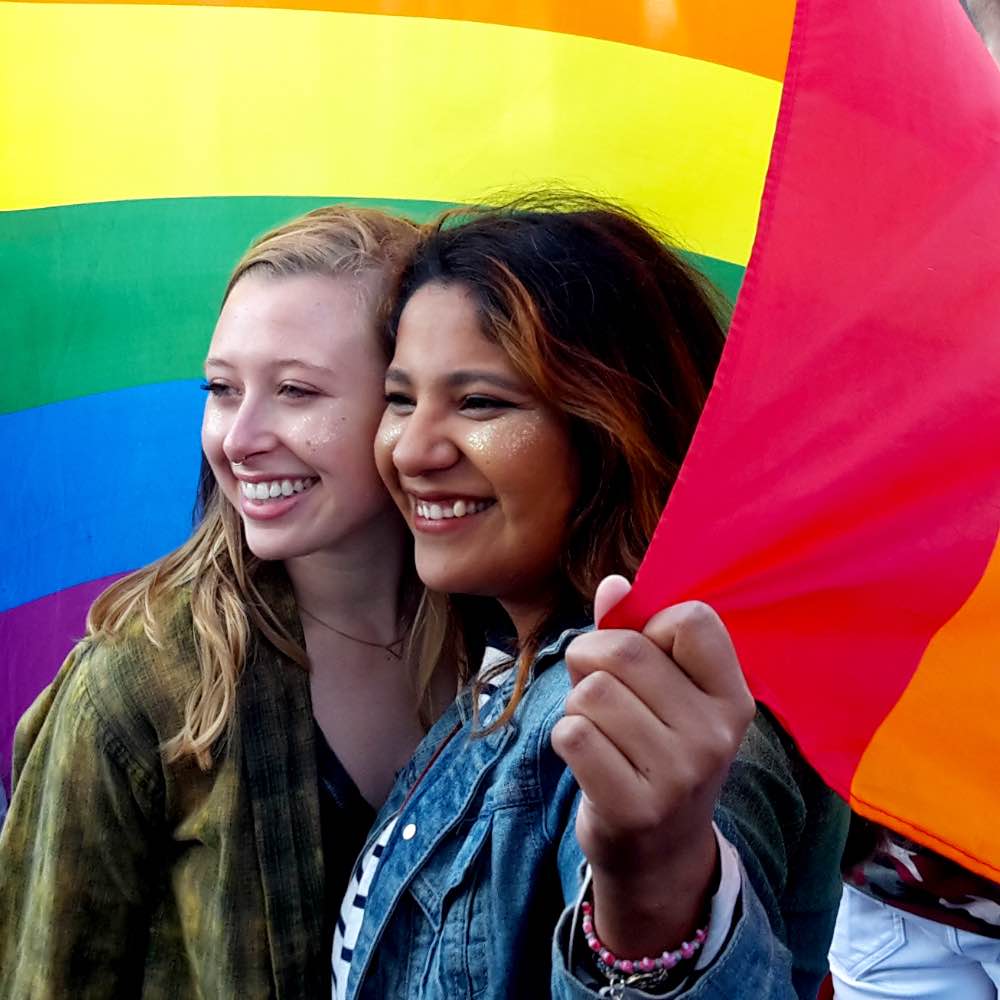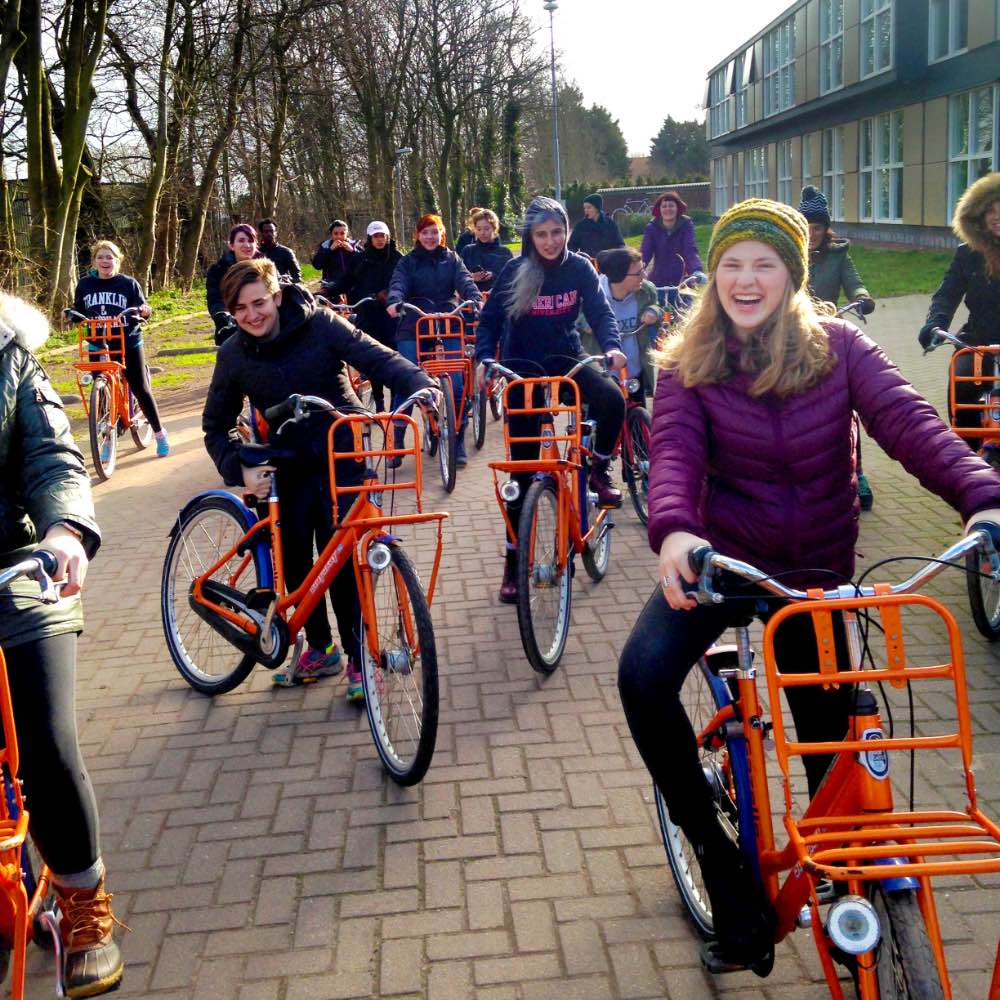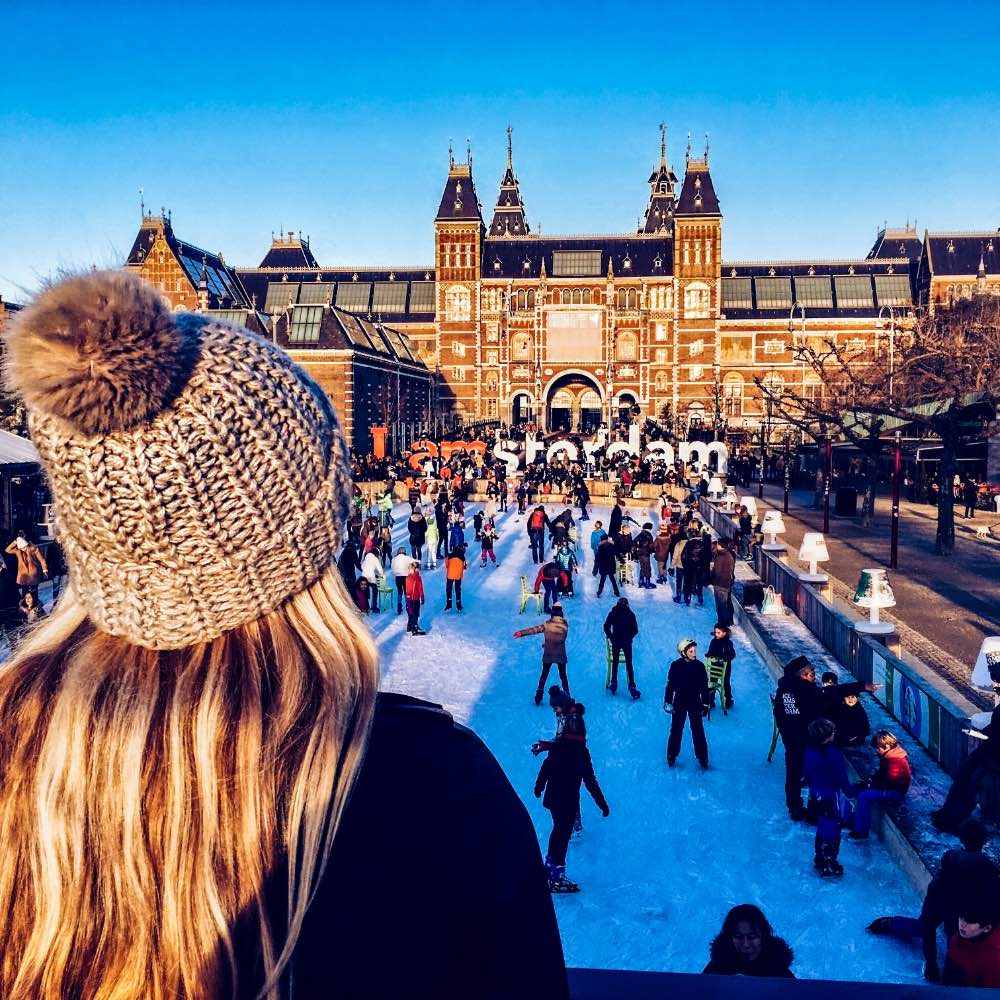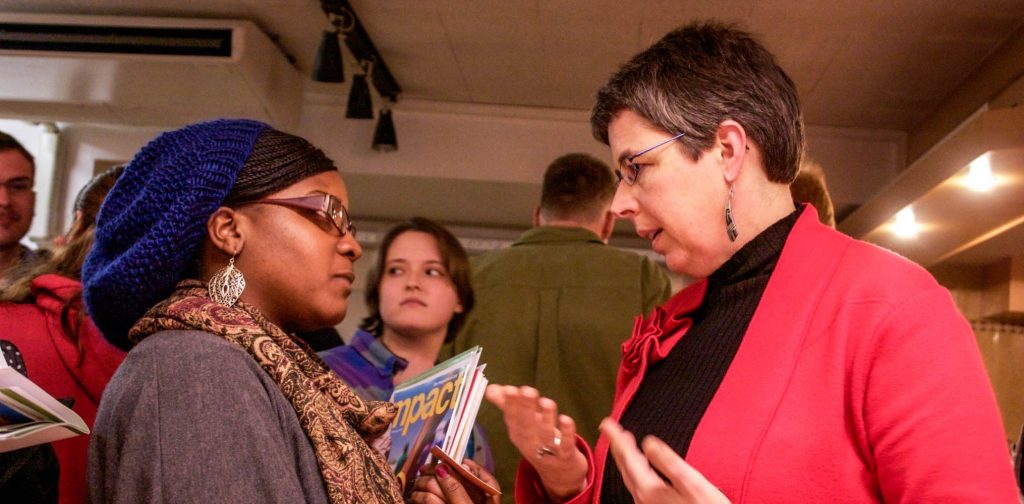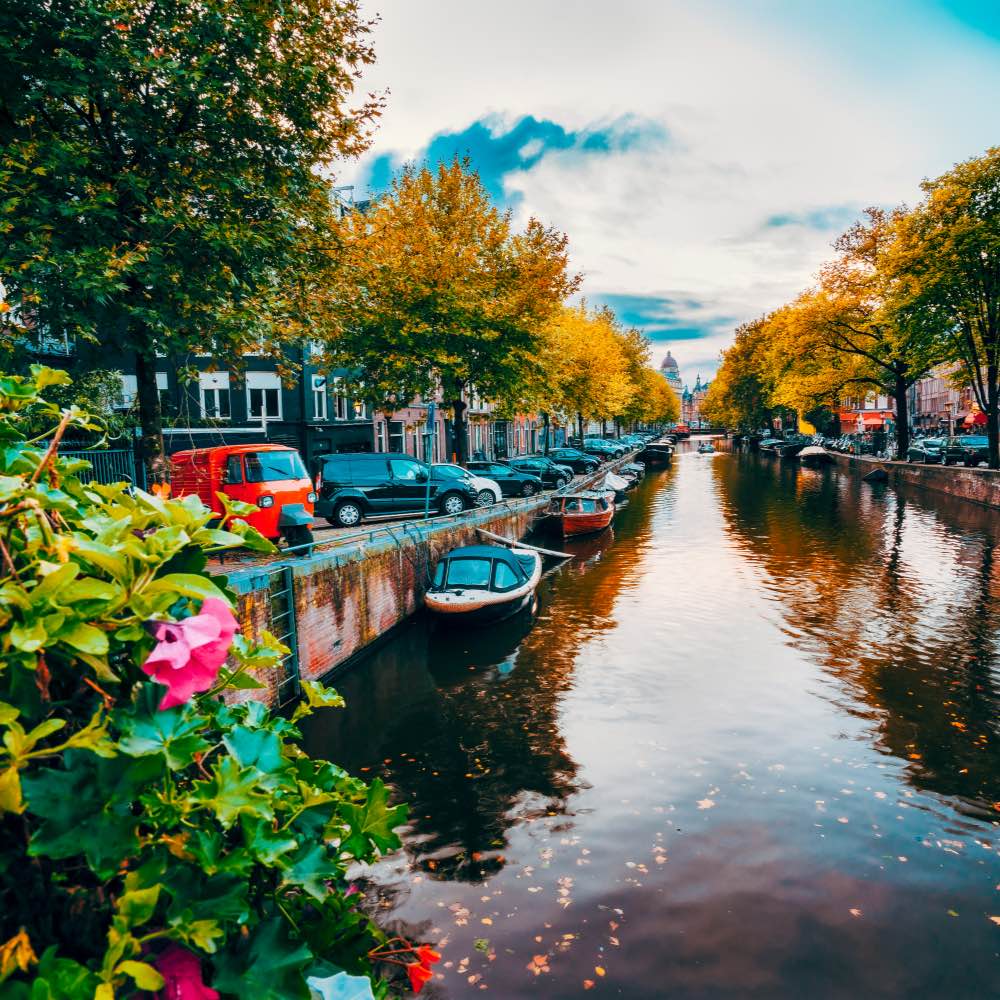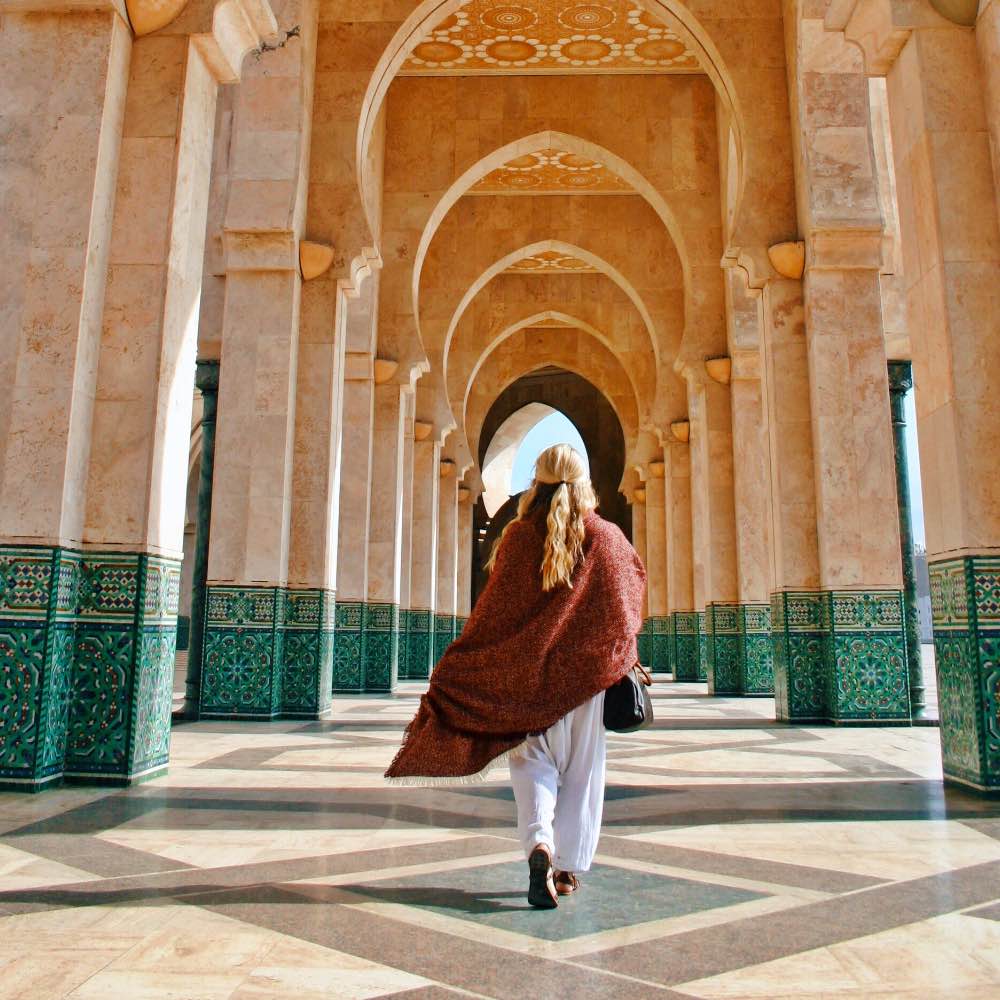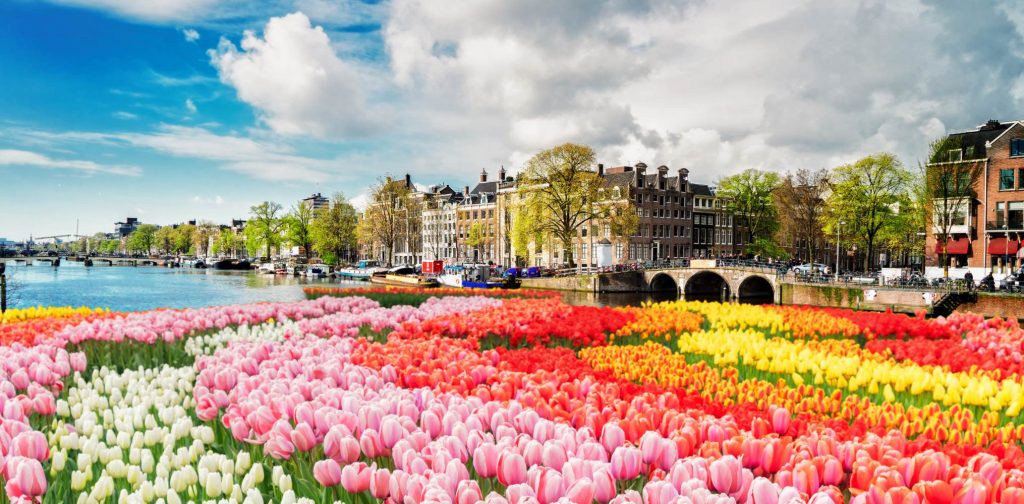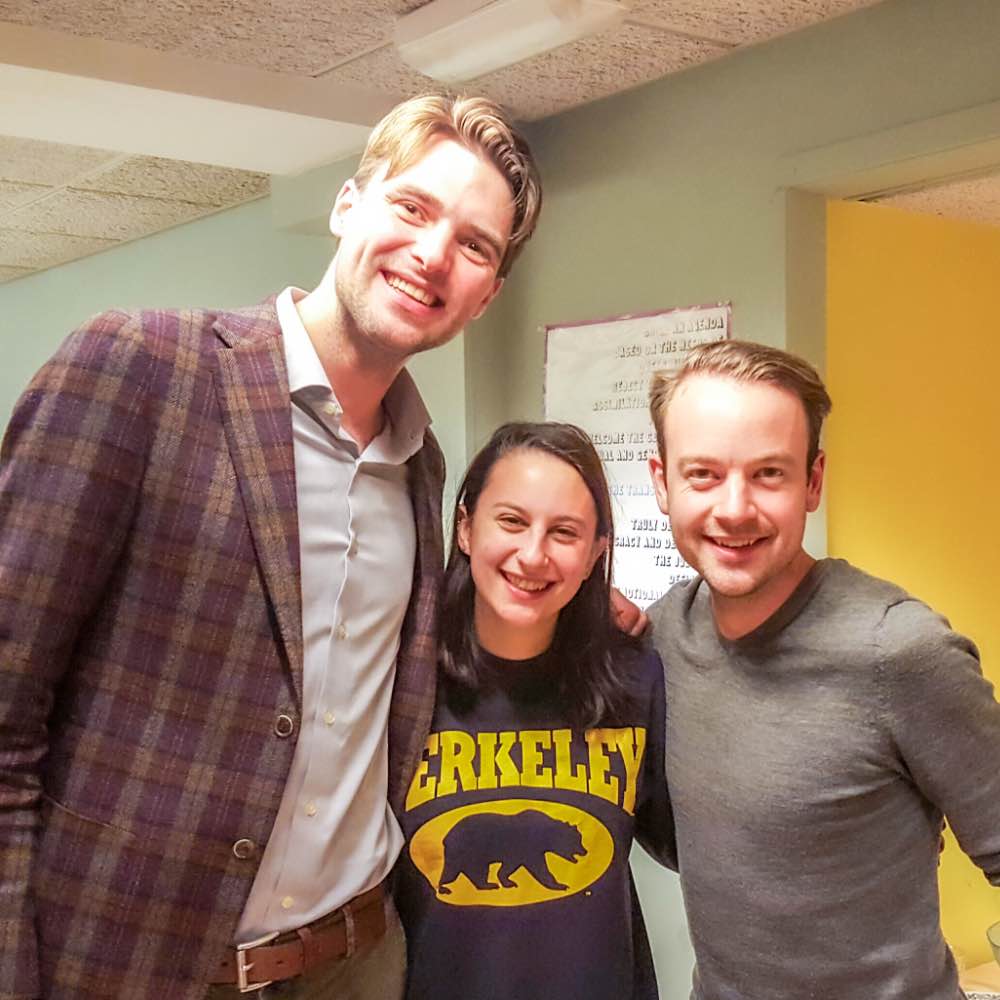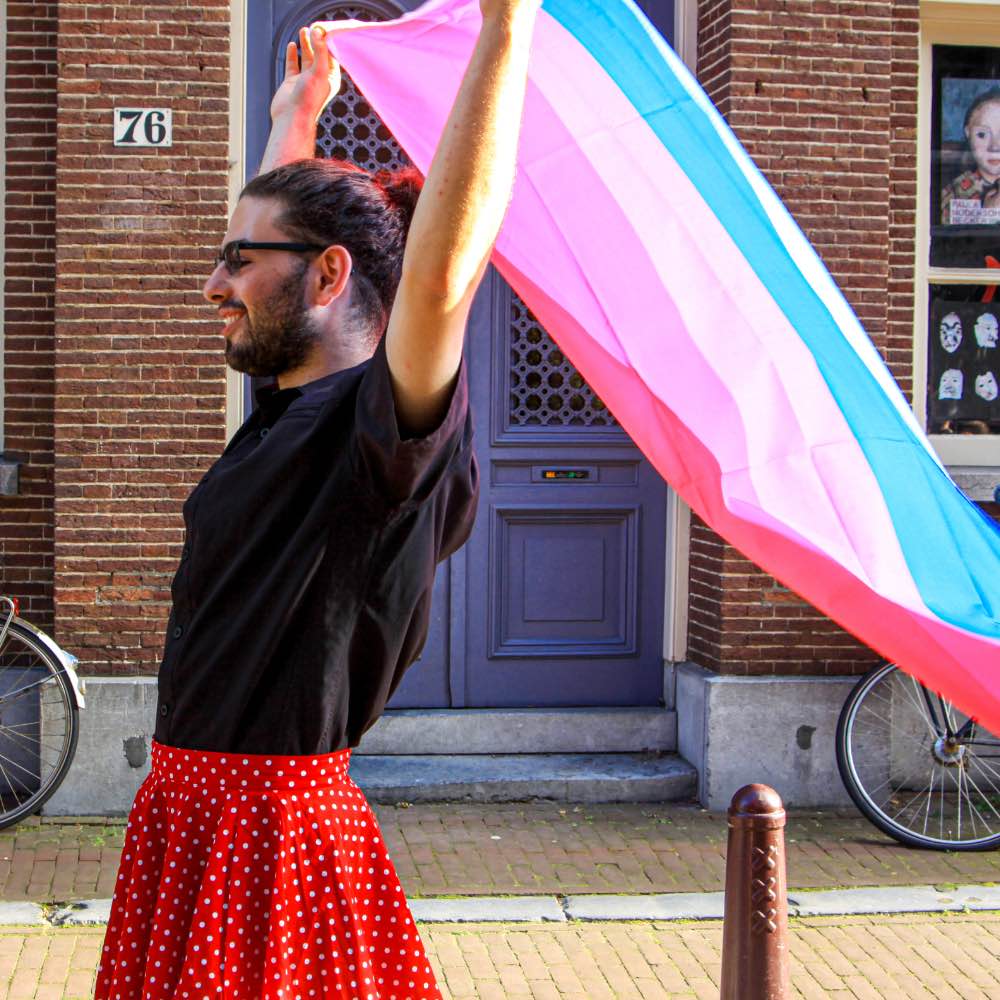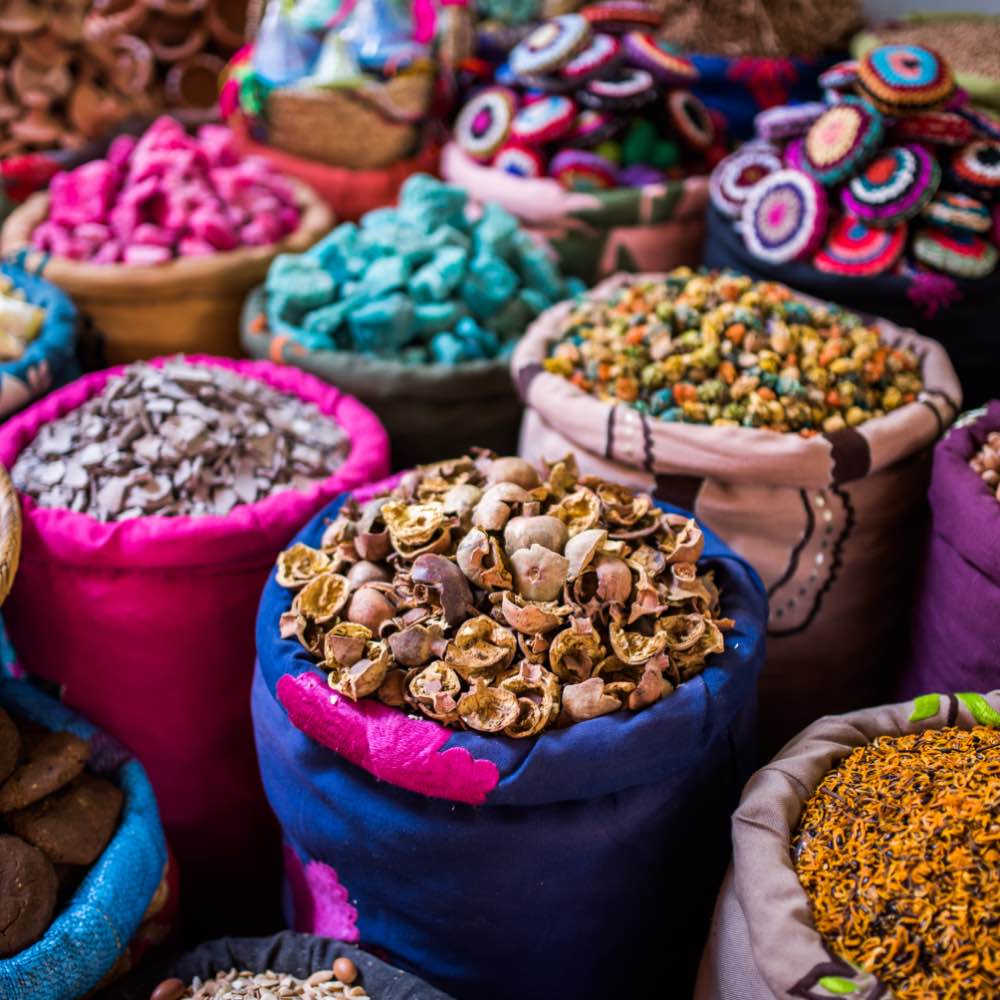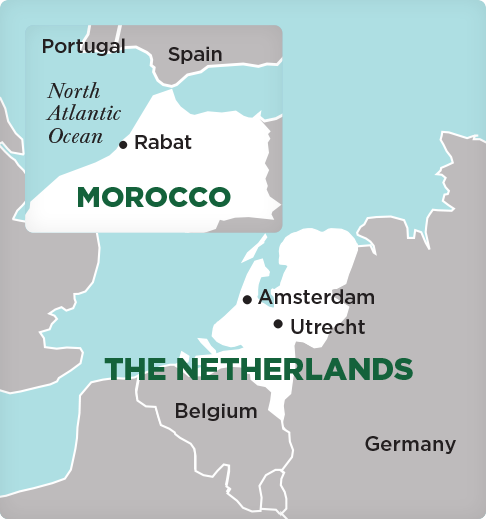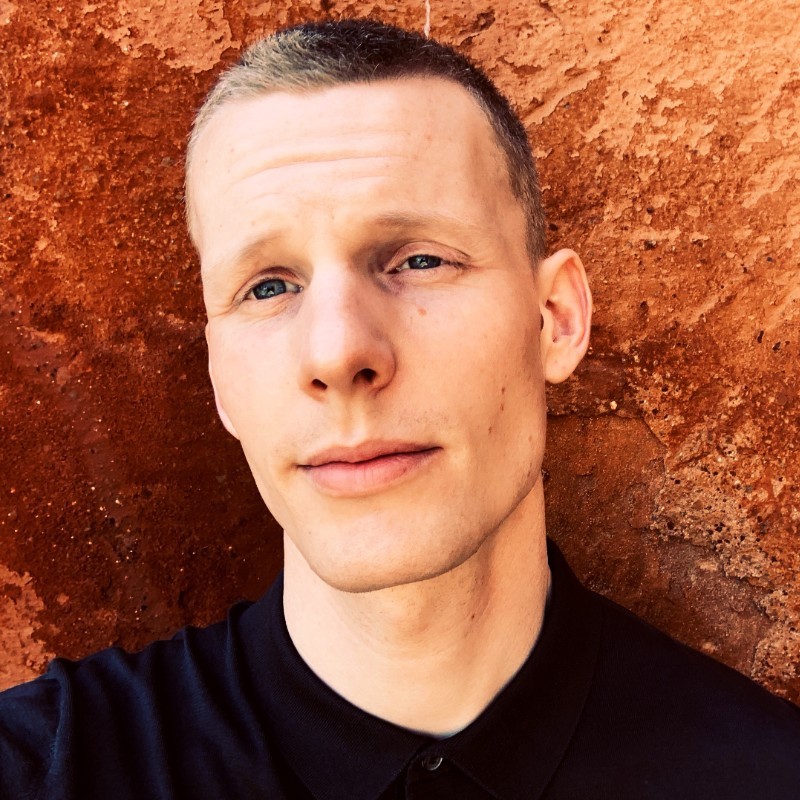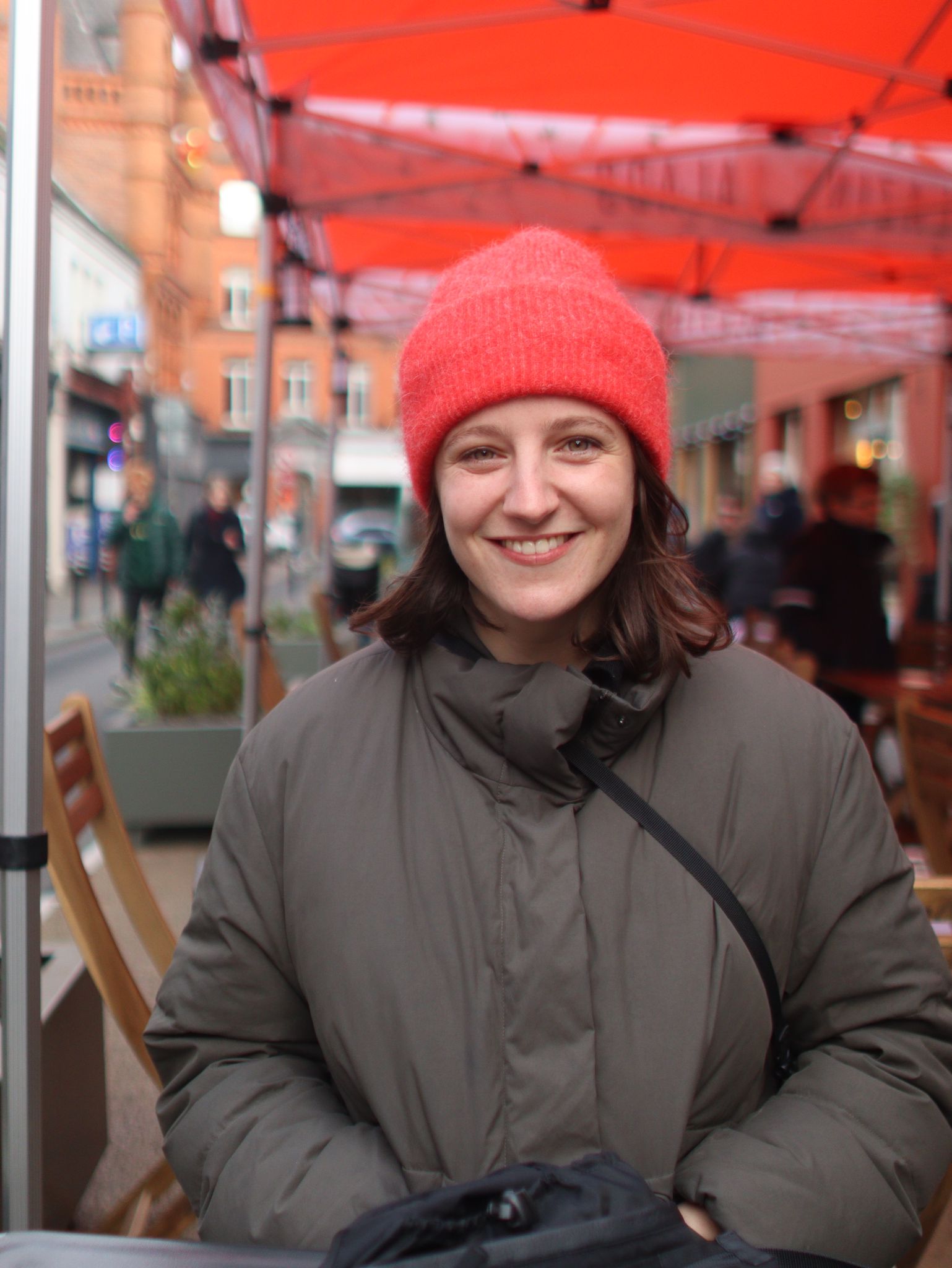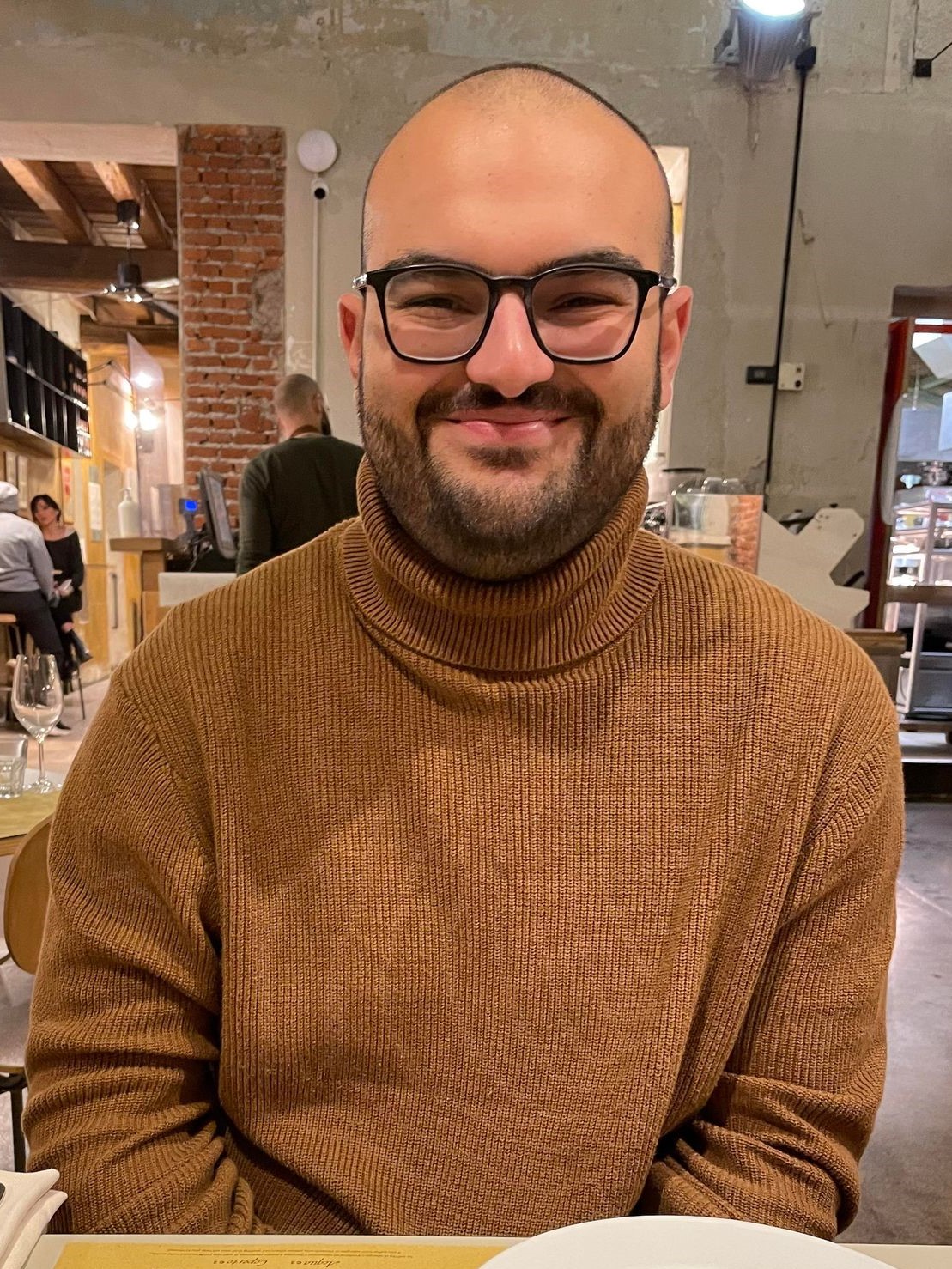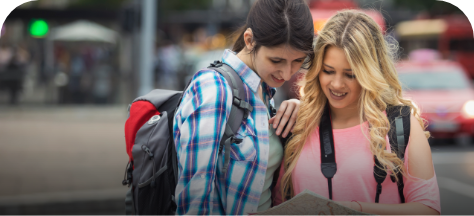Students choose between the following two thematic seminars, one for novice learners and one for advanced.
Theory and Application of Feminist, LGBTQI, and Queer Studies – syllabus
(GEND3000 / 3 credits)
Queer theory developed in the 1990s, mostly in the U.S., as an outgrowth of feminist and gender studies. Building on the work of the structuralists (particularly linguistic structuralism), the post-structuralist deconstructionists, and scholars from all fields, turned intellectual lenses onto understudied populations. It has grown from what was essentially the study of hetero- and homosexuality into a more far reaching theoretical expression of liminal spaces and what can be considered abnormal. This course, suitable for students who are new to queer and feminist theory, examines the crucial principles of queer theory, particularly as they play out in the Dutch and broader European context. We will engage with fundamental queer and feminist ideas, and explore how they relate to our city, our country, and our continent.
OR
Advanced Theory and Application of Feminist, LGBTQI, and Queer Studies – syllabus
(GEND 3500 / 3 credits)
Queer theory developed in the 90s largely to analyze the gay community but has grown into something so much more. So much more, in fact, that is seems unmanageable. It is amorphous, its boundaries so fungible that they seem to disappear. Sometimes it gets desperately, vexingly hard to nail down what queer theory is. This course, suitable for students who have a solid grounding in queer theory, uses the lens of queer to explore these frustratingly elusive liminal edges of the field. We also explore some neighboring states, like trans, disability, and postcolonial studies in the Dutch/ European context. We aim to understand not only the theoretical possibilities, but also the lived experience, of the populations under study.


